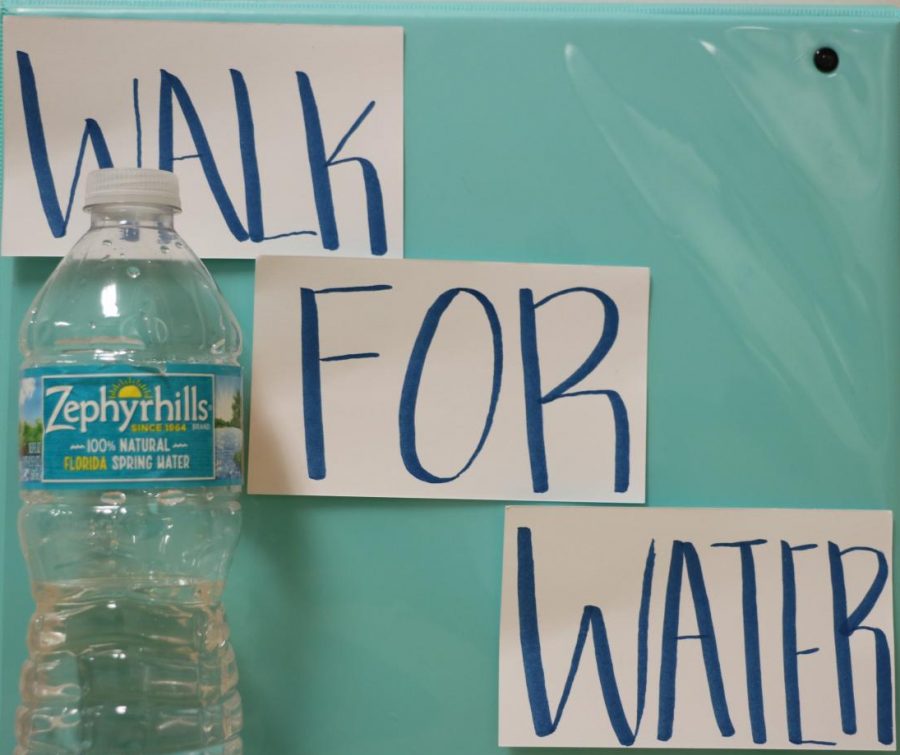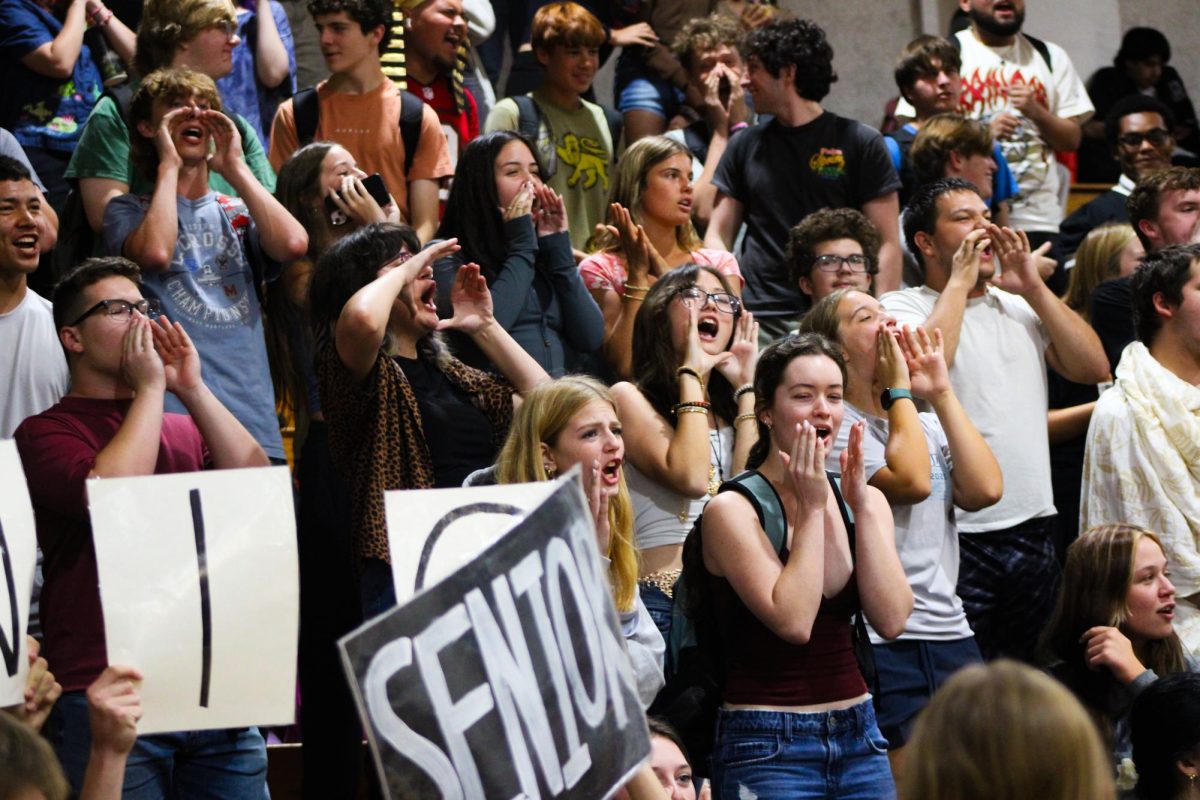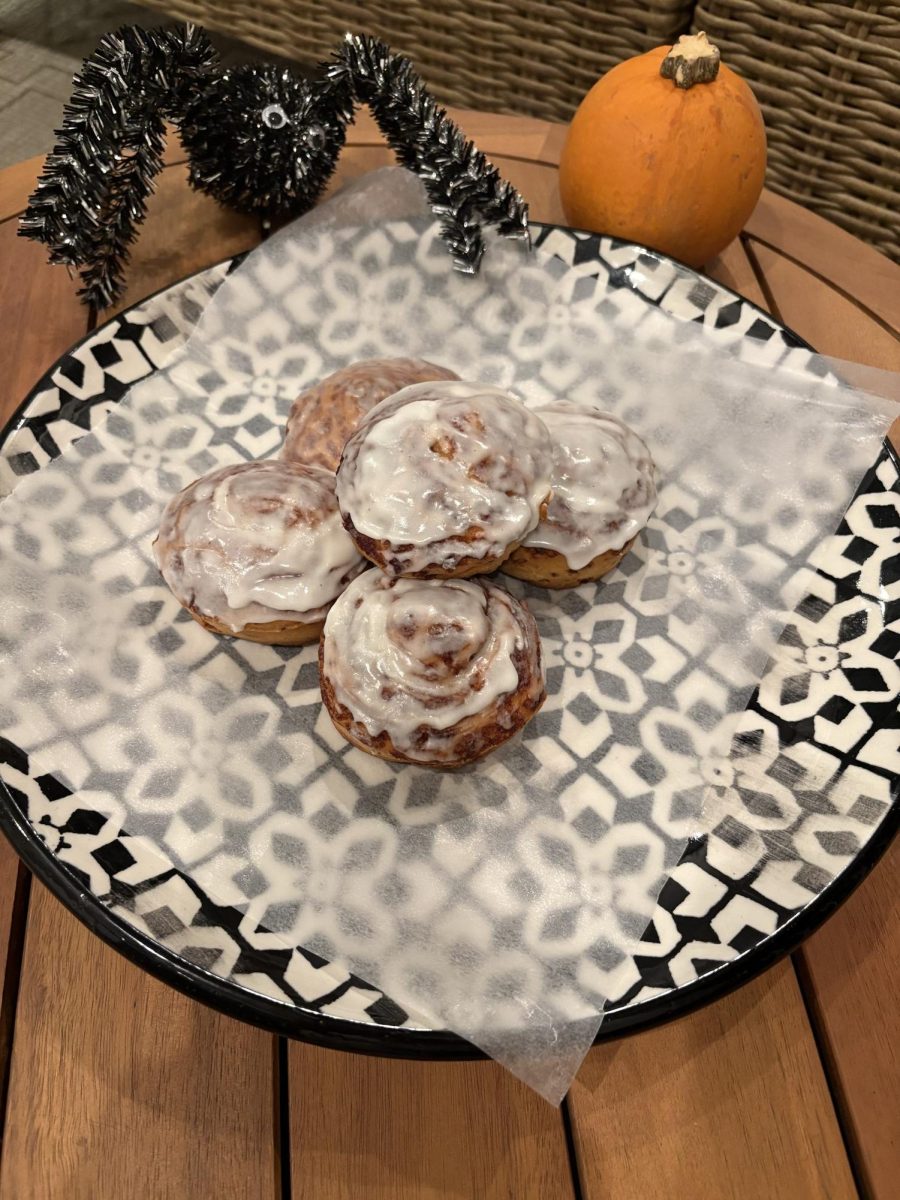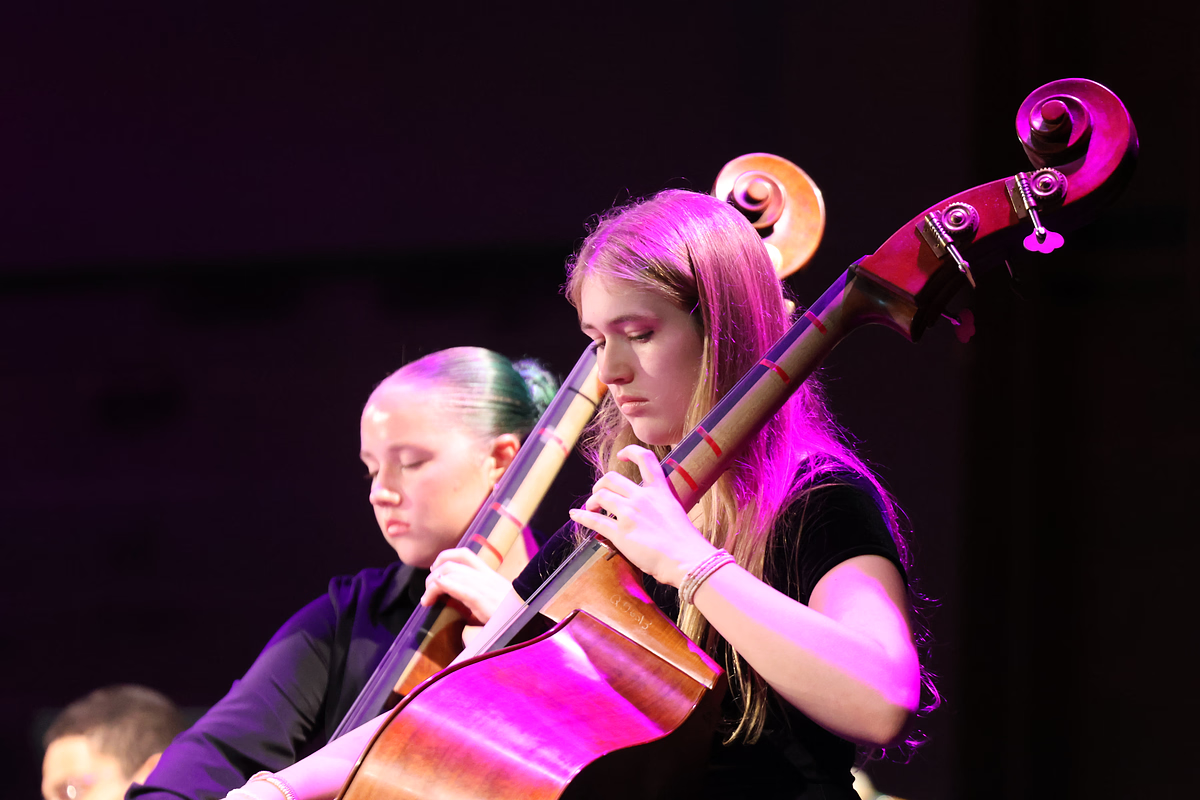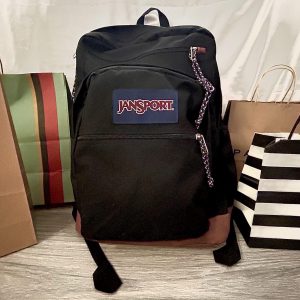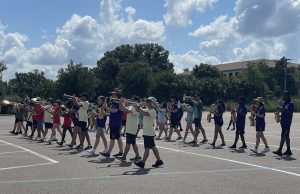Working and Walking for Water
Robinson students take charge in trying to bring awareness to countries that have to walk hours for water.
Photo Lillian Martin
March 24, 2018
The American dream is very real for a lot of people, especially those in third world countries, as Americans are seen as fortunate with the freedom and abundance of opportunities they are given. And many kids living in countries like the United States that have grown up with such advantages may not experience an extent of suffering that third-world countries do– where some have to walk miles just for a sip of water.
But now change is being made.
The Water Mission was founded in 1998 by a couple who traveled to Honduras and were hit with the reality that countries truly struggle for clean, drinking water. The Water Mission offers many ways to help their cause, and Robinson chooses the Walk for Water event as their contribution.
“The water walk is a team bonding event where teams come together to complete obstacle courses that simulate water-related issues in impoverished countries, such as having to walk long distances with heavy jugs of water,” Alyssa Ackbar (’19), president of United Nations Children’s Fund (UNICEF) said.
On Thursday, March 22, Robinson held their Walk for Water, free of charge, to stimulate what some people go through to get water. Students had to walk a long distance and go through obstacles while carrying a container of water.
Every year, Robinson hosts the annual walk on campus to help spread awareness for these countries that lack the bare necessities, particularly water.
“[The walk] allows them to experience a mini version of what these communities go through, especially with women and girls,” said Sharon Lee, IB English teacher and UNICEF adviser.
Some of the poorest countries, such as Ethiopia lack clean and easily accessible water, forcing civilians to walk some 15 hours for water and 15 hours back. The strong women can carry up to 50 pounds of water, but with this long full day journey, many kids have to miss school. Many of the young girls do not even attend school and frequently make journeys with a groups of women and children to fill their empty supply of water.
“I thought the event was very eye-opening,” participant Molly Orlick (’20) said. “The activities were really interesting and informative. I never realized how hard it was for some people to get drinking water.”

